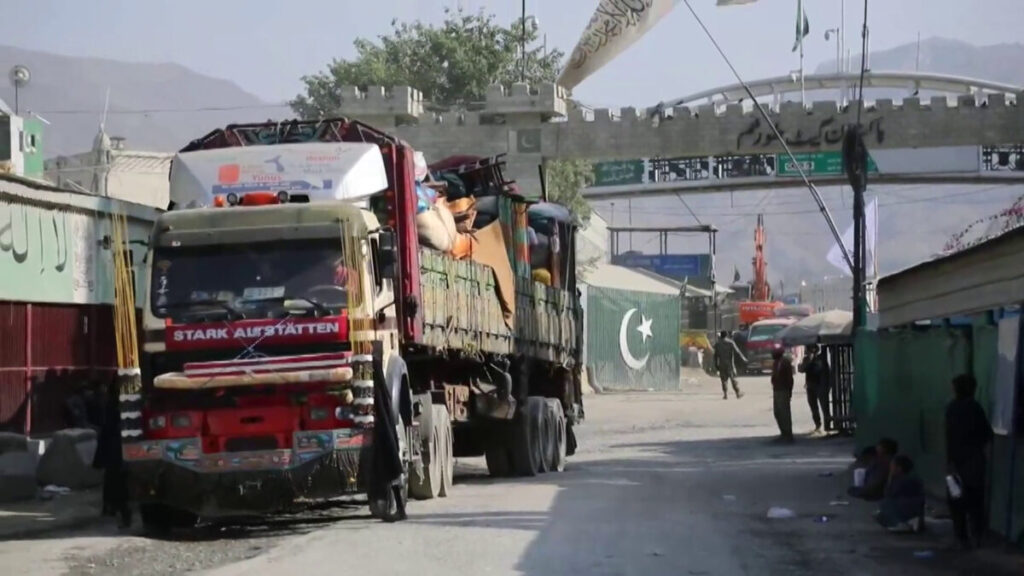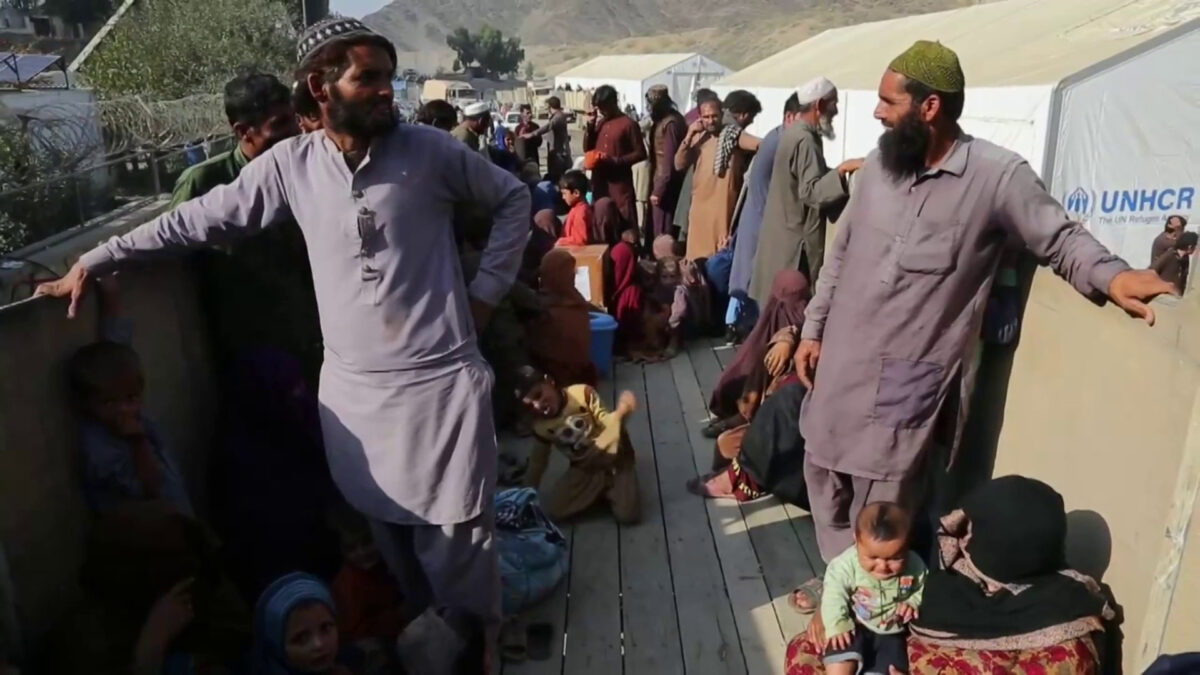New figures indicate a significant decline in the daily number of migrants returning from Pakistan to Afghanistan through the Torkham and Spin Boldak border crossings.
Independent institutions previously reported that 9,000 to 10,000 migrants returned through the Torkham crossing in recent days. However, according to the latest Taliban statistics on Sunday, over the past 24 hours, just over 6,000 migrants entered Afghanistan through the Torkham and Spin Boldak crossings, marking a notable decrease since the forced deportation process began.
The Taliban also reported that 3,500 newly returned migrants have been settled in Balkh province, Northern Afghanistan. Concurrently, Pakistan’s Supreme Court has denied residency requests for immigrants born in Pakistan.
Many migrants at the Landi Kotal camps in Pakistan, originating from various parts of the country, aim to cross through Torkham, but recent figures show reduced numbers.
Abdul Rahman, a returning migrant, expressed distress about their situation.

“We have no house or possessions in Afghanistan. Our home and businesses were in Peshawar,” he said.
“I have returned from Pakistan. I was born there. We have many problems,” said Alokozay, an Afghan returnee.
The Taliban has said that they will send returning migrants to their relevant provinces, but they have not announced the statistics on the resettled migrants.
“Give these people a house. They have been in Pakistan for decades. They don’t have property. If they have property, they don’t have a house. They don’t have a job,” said Murad Hussein, an employee of the Al-Khidmat Foundation, an aid organization that is helping returning migrants.
The discrepancy in numbers between the United Nations and the Taliban is significant. The Taliban claim that over 300,000 people have returned to Afghanistan, while the UN reports that 287,000 migrants have entered, with only 8,000 being forcibly deported, and the remainder returning voluntarily.





